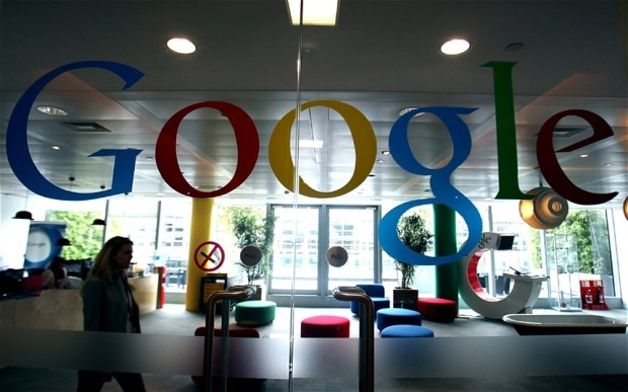Google has posted first-quarter earnings, and the results show it missed analysts' expectations and needs to charge more for serving ads on mobile sites, among many other things.
The company announced revenue of $17.26 billion, against the year-ago figure of $15.42 billion, while operating income had a 26 per cent increase over one year to $4.45 billion. Analysts had expected Google to report $17.50 billion in revenue, according to a consensus from Thomson Reuters. Google's earnings per share of $6.57 also missed expectations of $6.61.
Google's advertising business during the 90-day period made up a large share of its total revenues. The company said, for instance, its first-quarter saw a 13 per cent year-of-year gain in aggregate paid clicks, though analysts had expected a 14.8 per cent gain. Google's cost-per-click dropped 7 per cent year over year, while analysts consensus had only expected a 1.9 per cent decline.
Google's advertising revenue was likely affected by consumers accessing online services on mobiles devices, where advert rates are typically lower. Google has yet to to charge as much on mobile sites as it does for serving adverts on desktop sites, though it does recognise the need for change and recently adjusted its algorithm for mobile searches to favour sites on smartphone screens.
Everybody knows Google makes a lot of money on advertising, but it begs the question: has Google become too dependent on that business model? The company continually struggles to pull revenues from other sources, as evident by its latest results that spell out more than ever how it is reliant on advertising against search results.
Google is making less money from mobile adverts, and according to eMarketer, its share of the mobile market is shrinking. The company's key revenue still lies in online advertising via desktops, and that business - that core - is slowing.
Tune into the company's conference call at 2 PM PST to hear executives discuss the results in detail.

